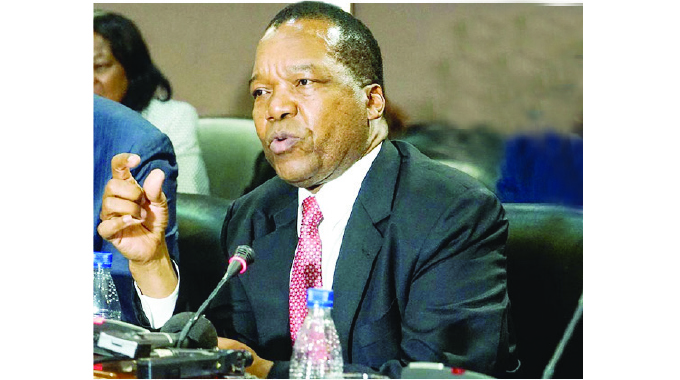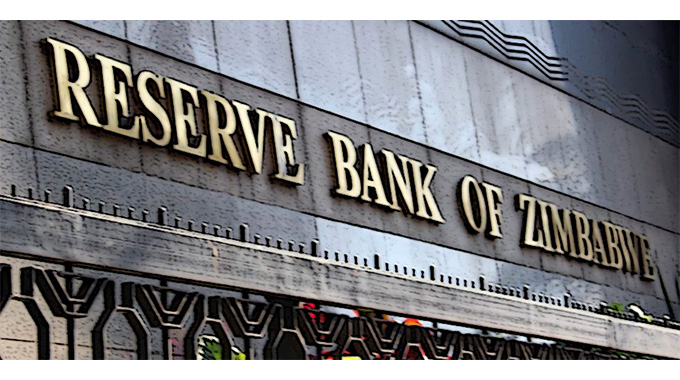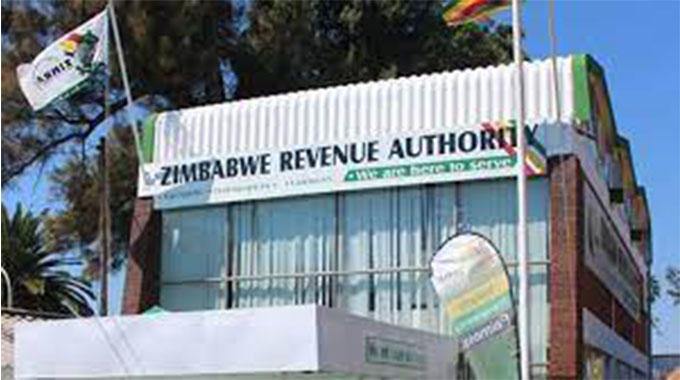RBZ takes charge of in-kind mining royalties

Business Reporter
THE Reserve Bank of Zimbabwe (RBZ) will assume responsibility for collecting, holding, and managing reserve assets from the 50 percent in-kind mining royalties in line with the latest regulations while the Zimbabwe Revenue Authority (Zimra) will continue handling the cash component.
This follows the amendment of the Finance Act and the Central Bank Act that stipulates miners of designated minerals remit half their royalties to the central bank in the form of refined minerals.
In terms of the new system that came into effect on 1 October last year, 50 percent of mining royalties is payable in kind, in a form and purity or quality prescribed by the central bank.

Reserve Bank of Zimbabwe (RBZ)
Under the Mines and Minerals Act, miners are required to pay taxes called royalties on the value of gross output from their mining locations.
Many countries reintroduced royalties to ensure that mining companies of State-owned minerals pay a fair tax, rather than cope with battles between tax accountants and tax assessors and cope with profits being transferred within a mining company to a low tax haven.
The RBZ yesterday notified mining houses of procedures to be taken in the implementation of a new mining royalties system that pertains to collection, holding, and management of reserve assets.
The rationale for the legislative changes is to enable the bank to collect, hold and manage reserve assets for the benefit of Zimbabwe, and as such all in-kind royalties shall be delivered to the central bank, said RBZ governor, Dr John Mangudya, in a statement.
“With effect from 1 October 2022, miners of gold, diamonds, platinum, and lithium (and any other precious stone or precious or valuable metal specified by the Bank by notice in a Statutory Instrument) shall be enjoined to pay fifty percent of royalties due to the State in kind, that is, in the form of the mineral concerned,” he said.
The Governor said the delivery of in-kind royalties to RBZ, and holding, maintenance and subsequent marketing of the same shall be subject to and in compliance with applicable industry practices and regulatory requirements.
However, it is the responsibility of the central bank to facilitate the collection or delivery of the in-kind portion of royalties.
For the avoidance of doubt, Dr Mangudya said only the cash portion shall be collectible by Zimra.

Zimbabwe Revenue Authority (Zimra)
In order to ensure that the value of the reserve assets held is preserved or enhanced, the Governor said the RBZ shall have the discretion to determine, which prescribed mineral or metal is kept, hold or maintain from time to time as dictated by prevailing local and international economic conditions and commodity pricing trends.
Given the massive growth of mining investments under the Second Republic creating more job opportunities across the country, President Mnangagwa has said the steady increase in precious minerals output should be leveraged to anchor enhanced stability of the local currency.
Reflecting on the issue of royalties during his visit to Banket Mine in Gwanda two months ago, the President said the time has come for the country realise maximum value from its vast mineral endowments.
“We have made a bold decision to ensure that every citizen benefits from our rich natural resource now and into the future hence from 1 October, the collection of half of the royalties from gold, diamonds, platinum and lithium, among other precious stones and valuable metals, shall be made in the form of physical stocks of the mineral concerned,” said President Mnangagwa.
He said the policy will undoubtedly have ripple effects on currency stability as the country benefits from the envisaged positive output growth across all minerals on the back of firm commodity prices and a conducive operating environment.
Economists across the globe are agreed on the significance of enhancing the value and confidence of the local currency by backing it with precious mineral reserves such as gold, diamond, and platinum.
With adequate mineral reserves, experts say the country could also access lines of credit by leveraging on such royalties.
This makes a compelling case for Zimbabwe to the upscale revitalisation of domestic value chains, said the President, adding that the era of reliance on exporting primary products was over and must be stopped.
Zimbabwe has a diversified mining sector with close to 40 different minerals. The predominant minerals include platinum, chrome, gold, coal, and diamonds.
Mining accounts for about 12 percent of Zimbabwe’s gross domestic product (GDP) and the sector has the potential to generate US$12 billion annually by 2023 if challenges such as persistent power shortages, and foreign currency shortages are addressed.










Comments